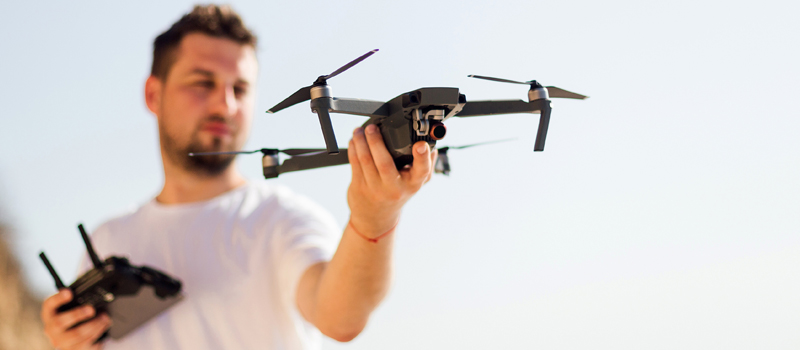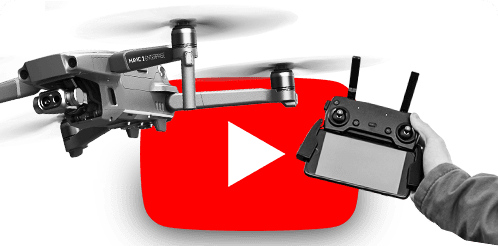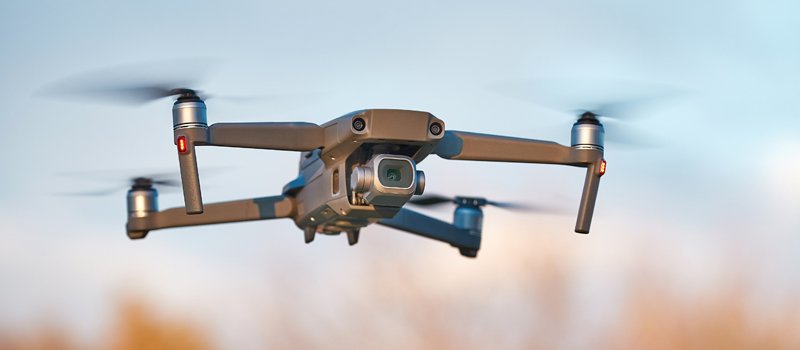Just because modern drone pilots are very easy to fly does not mean that actual drone flight training is no longer valuable. In certain settings, a drone pilot’s abilities to perform complex maneuvers or make split-second decisions are not just preferred but essential.
With this in mind, certain organizations are turning into a specific demographic that they believe can be trained to be good drone pilots – gamers. What makes gamers special, and can they really more easily grasp the concept of drone flight? What skills should a gamer possess that might make them better drone pilots?
Conventional pilots vs. gamers
The impetus for this whole idea of gamers being good drone pilots comes from a study done at the University of Liverpool, the results of which were published in 2017. In the study, people with extensive experience in playing flight simulation games were compared with general aviation pilots to see which population can more easily grasp UAV flight concepts. As a control population, there was also another group of non-pilots that had no gaming experience.
A result of the study showed that gamers performed better than general aviation pilots in one skill category – neuroticism. This refers to the ability of a person to perform well even in stressful situations. The level of skill that gamers showed in this category put them almost at par with more experienced professional pilots.
Although the study made it quite clear that the results were still inconclusive on whether gamers make good drone pilots, the idea was compelling enough for further exploration. There was still some merit to it even if scientific data was lacking.
The US Air Force as a major recruitment agency for gamers
In 2019, the US Air Force launched a service that allowed high schools to take part in an online flight simulation game. Data was collected during the game, allowing recruiters to identify players who had the potential to be good airmen.
Among the skills that were gauged during the game were critical thinking, creativity, and collaborative thinking. There were also certain behaviors that were monitored, including attempts to cheat or to make courageous decisions in the face of potential failure.
This attempt to get recruits for enlisted positions in unconventional ways mimics how the US Army has had a presence in many gaming or esports events in the past. That initiative focused on players of first-person shooters. At the time, it was very controversial. The project done by Air Force seems to have relatively been under the radar.
What unique skills do gamers offer?
The benefit of transferring gaming skills to drone flight is that it remains a relatively virtual environment. A gamer does not need to be as physically fit as a soldier to become a good drone pilot. Instead, a gamer can build on the skills that they have developed through the years. Here are just some of the skills worth emphasizing:
Teamwork and communication
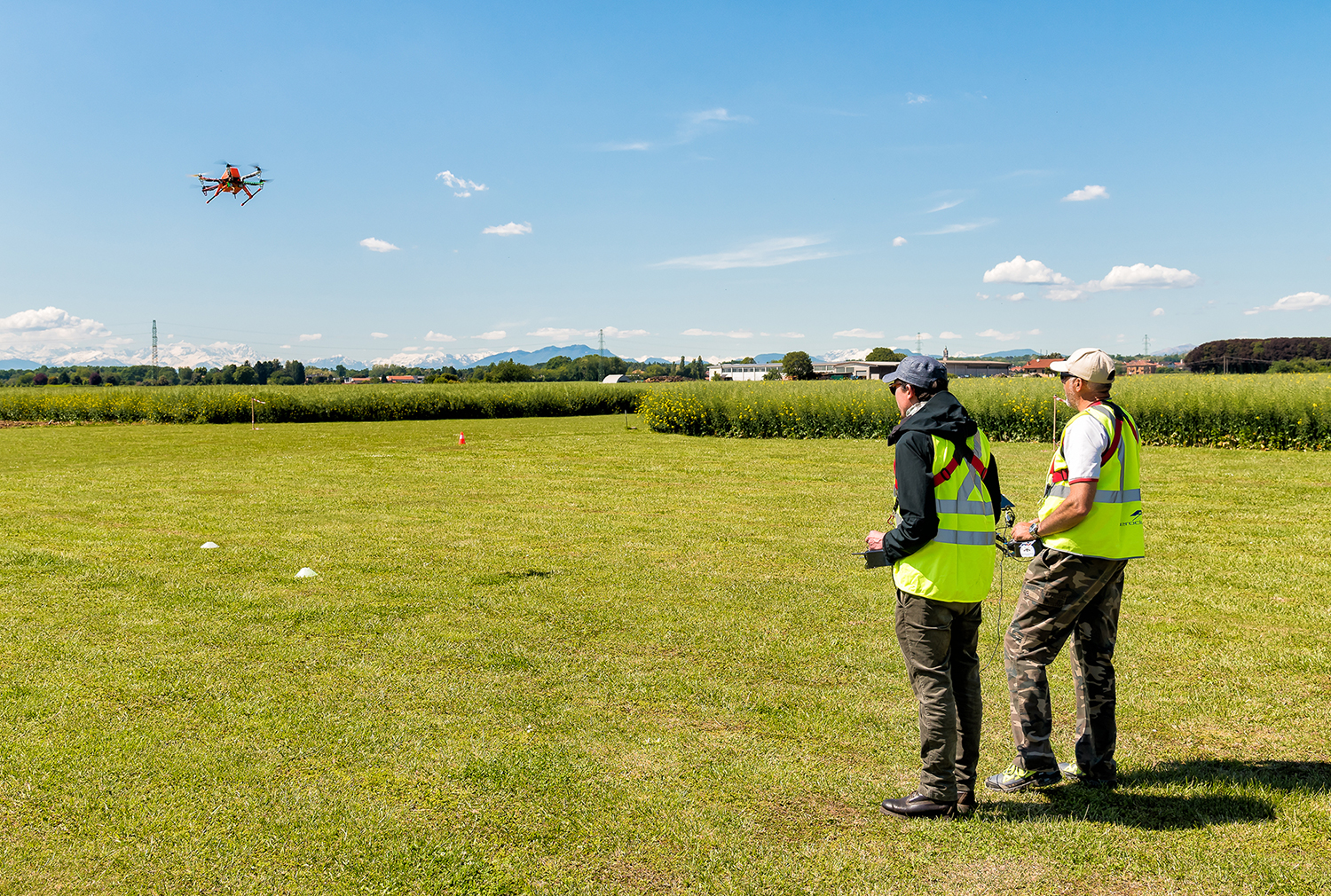
Players of multiplayer FPS and strategy games know the value of maintaining good communication. They also know the importance of knowing the role one plays in a team. This can prove useful in drone flight as it often involves operating with a crew.
Dealing with multiple stimuli
Modern video games are complex. If a bystander were to look at the screen of any usual video game, they would likely be bombarded with information. In a typical video game scenario, the player would have to battle enemies while keeping a close eye on their remaining life, swapping between weapons, moving around the terrain, and checking the environment for hazards.
Even in such a hectic environment, gamers learn to absorb all the information available that would be necessary for them to get the win.
This also applies to drone flight. Drone pilots are trained to keep a constant eye on their drone and scan the surrounding for hazards, all while monitoring battery life and telemetry data. It could get even more complicated in a professional scenario as they would also have to deal with data quality and the scope of data collection.
Better hand-eye coordination
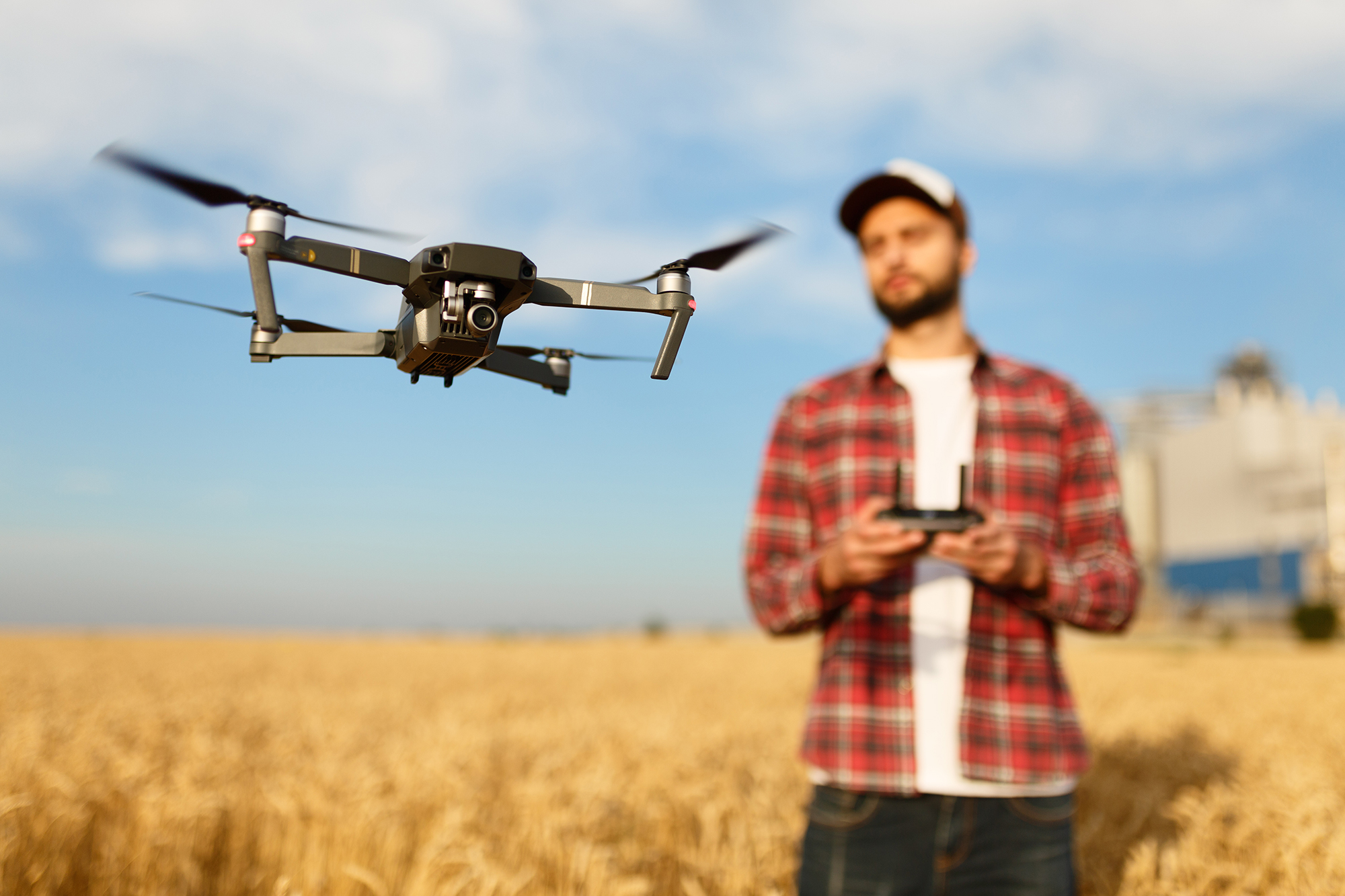
This is something that cannot be denied – gamers have excellent hand-eye coordination. After all, playing a game involves keeping an eye on the screen while relying on muscle memory to know which buttons to press at the perfect moment.
In many ways, the standard drone controller looks a lot like a handheld gaming controller. You have two analog sticks, an assortment of different buttons, and perhaps a small LCD screen for monitoring. A drone controller almost feels natural in the hands of a gamer.
Quick decision-making
Gamers are familiar with scenarios that require them to make decisions quickly, even under extreme pressure. This is very handy in dealing with the unpredictable nature of drone flight. From getting attacked by a flock of birds to deterring a nearby aircraft, there may be times when a drone pilot needs to make difficult but quick decisions.
When we consider these well-developed gaming skills, there does seem to be credence in the assertion of gamers potentially being good drone pilots. The keyword here is “potentially” – they may have an initial advantage but will still need to put in the work.
Tempering expectations
The problem with this line of thinking is that it risks over-simplifying what it takes to fly a drone well. Regardless of how much of a “gaming wizard” a person is, there are still factors that cannot be simulated in a virtual environment. There is nothing quite like having to deal with changing weather conditions or sensors conking out while in the middle of a flight.
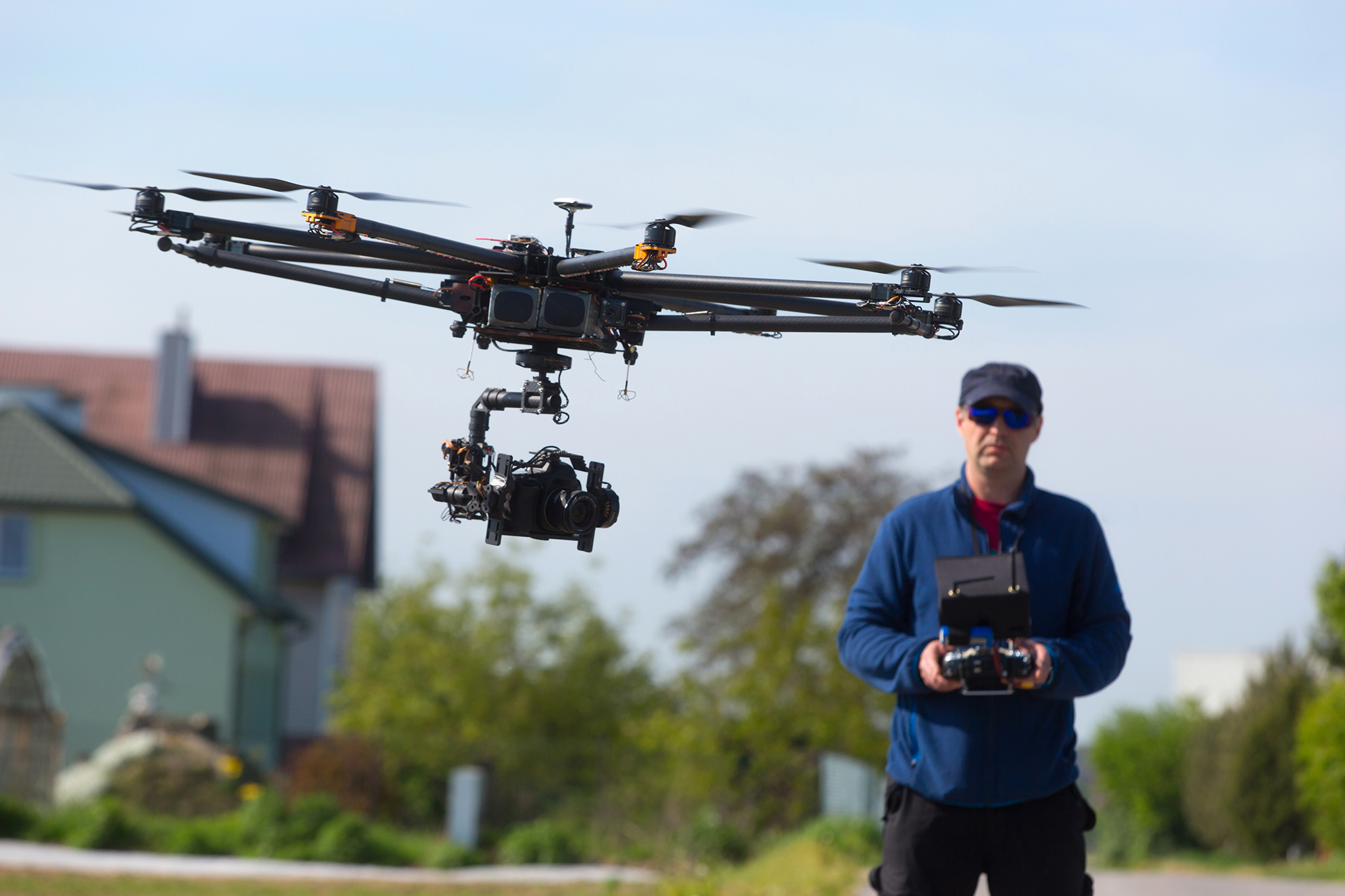
Despite these arguments being in favor of gamers as drone pilots, making the transition will still require substantial training. Not all of the skills crucial in gaming transfer well to the real world. While gamers are used to making split-second decisions, they also have the benefit of retrying an infinite number of items – a luxury that is not available in real-world settings.
There is also the fact that the “complexity” of a video game environment is merely an illusion. Despite how sophisticated games seem to be nowadays, the reality is that they are deliberately designed so that the player can comprehend all the elements easily. There will always be a certain level of hand-holding in any video game. This level of streamlining of essential information may not be as apparent when flying a drone.
The danger here is that of over-confidence. Gamers may be skilled in some areas, that flying a drone with real-world consequences is a whole different matter from doing it within a flight simulation.
Final Thoughts
Not that there is any shortage of drone pilots, but every now and then this topic of gamers potentially being good drone pilots pops up. The frequent references to the Army or Air Force looking at e-sports gamers to recruit enlisted personnel further fuels the conversation.
It is fair enough to recognize that some of the skills of gamers can come in handy in drone flight. The level of hand-eye coordination of the average gamer is quite impressive. However, these gaming skills can really only offer an initial advantage. Gamers may get the hang of drone flight easier but really complex operations will still require experience and training.
